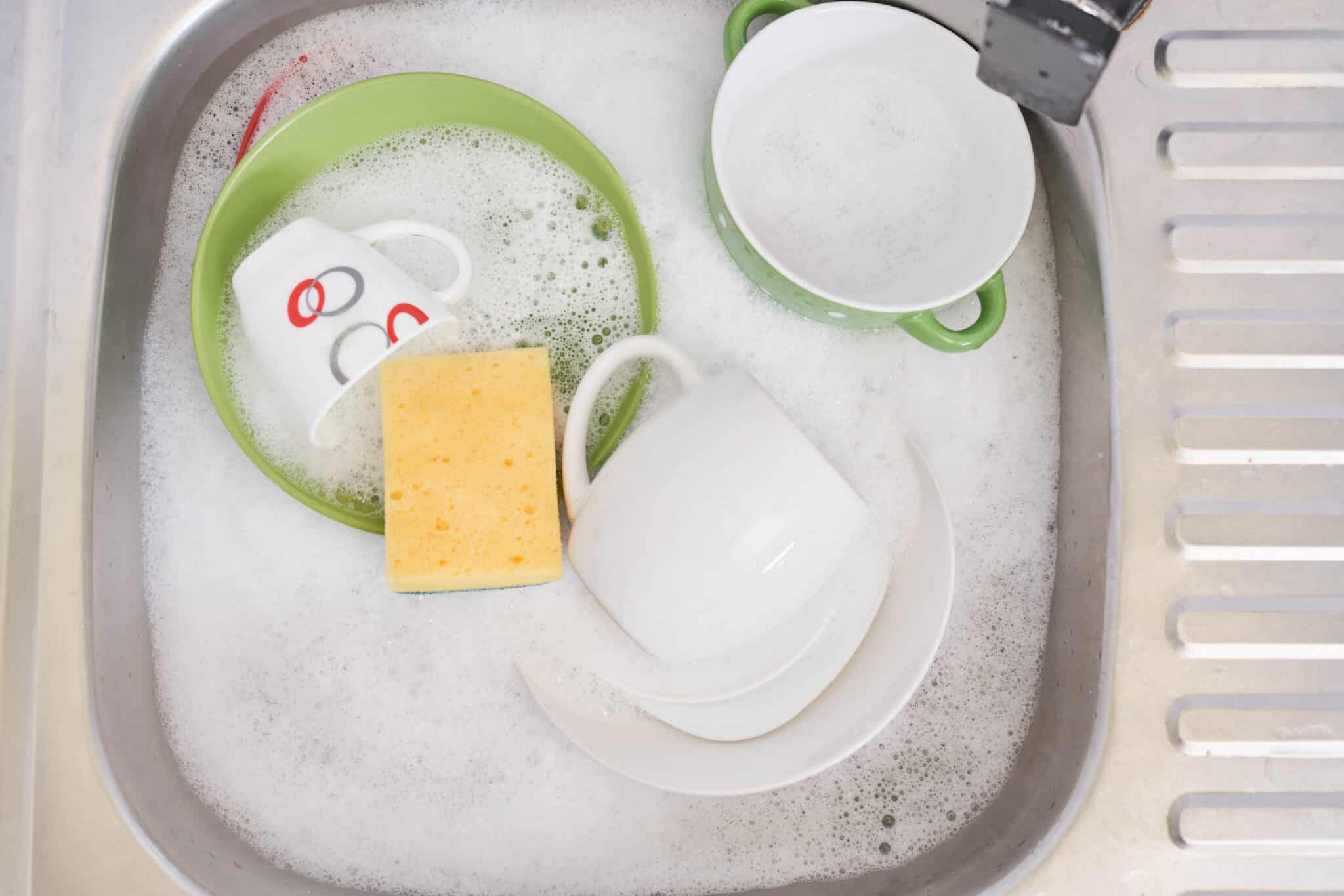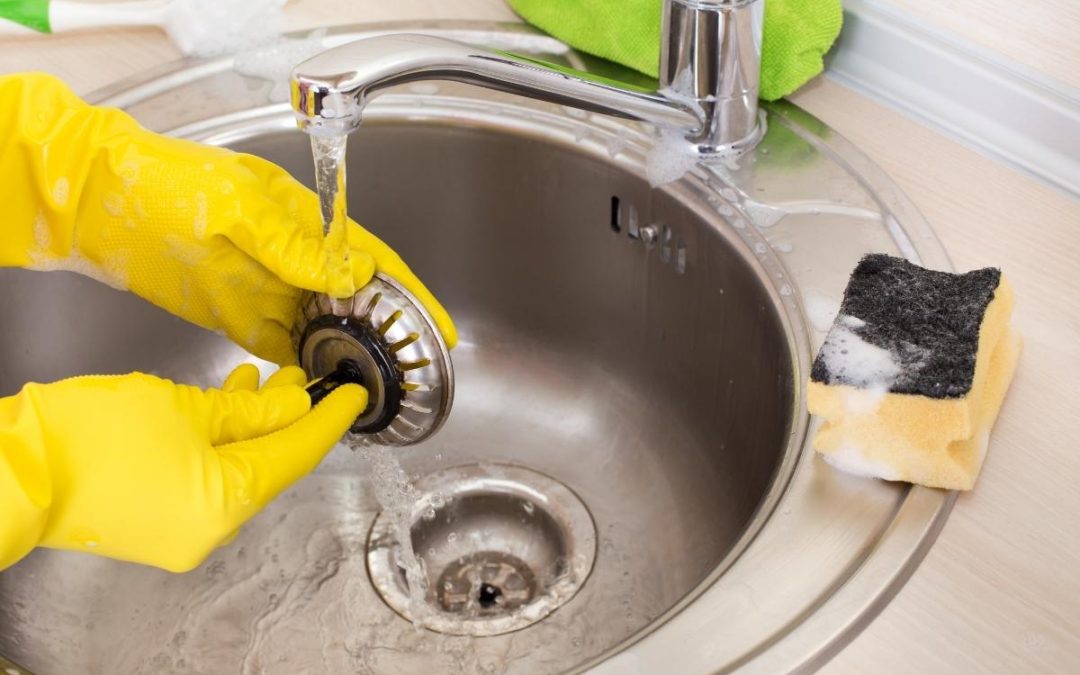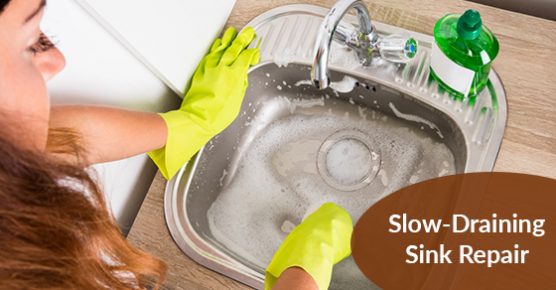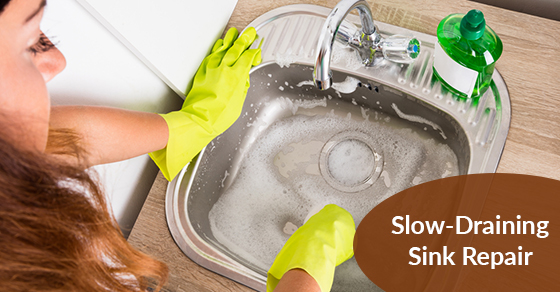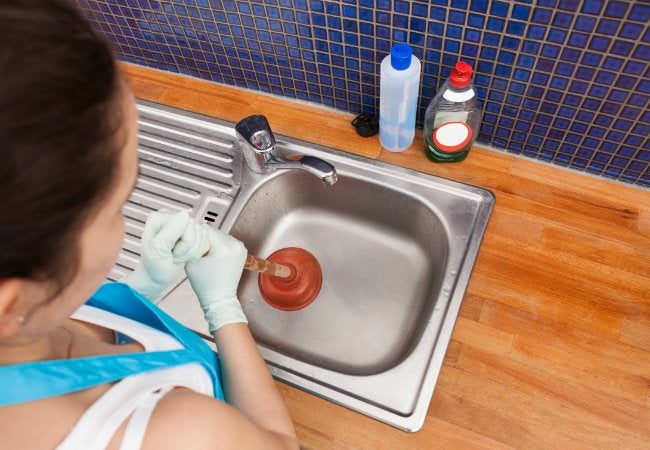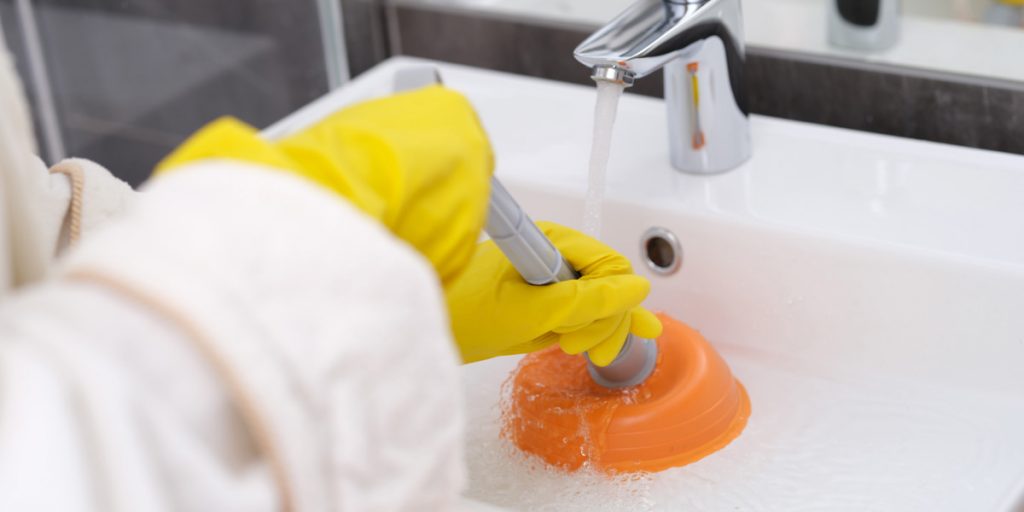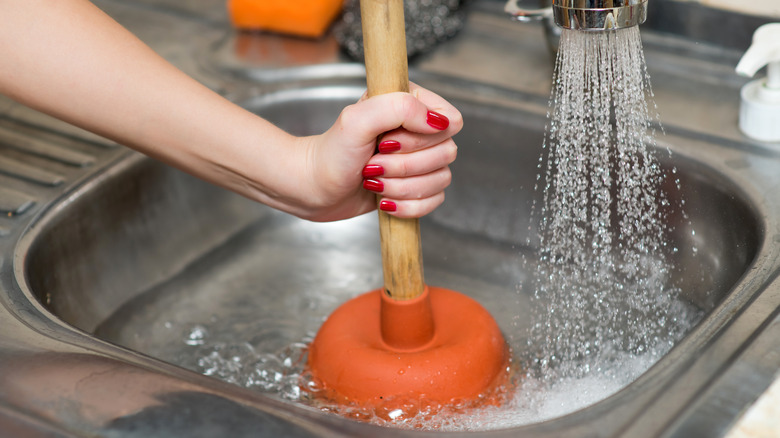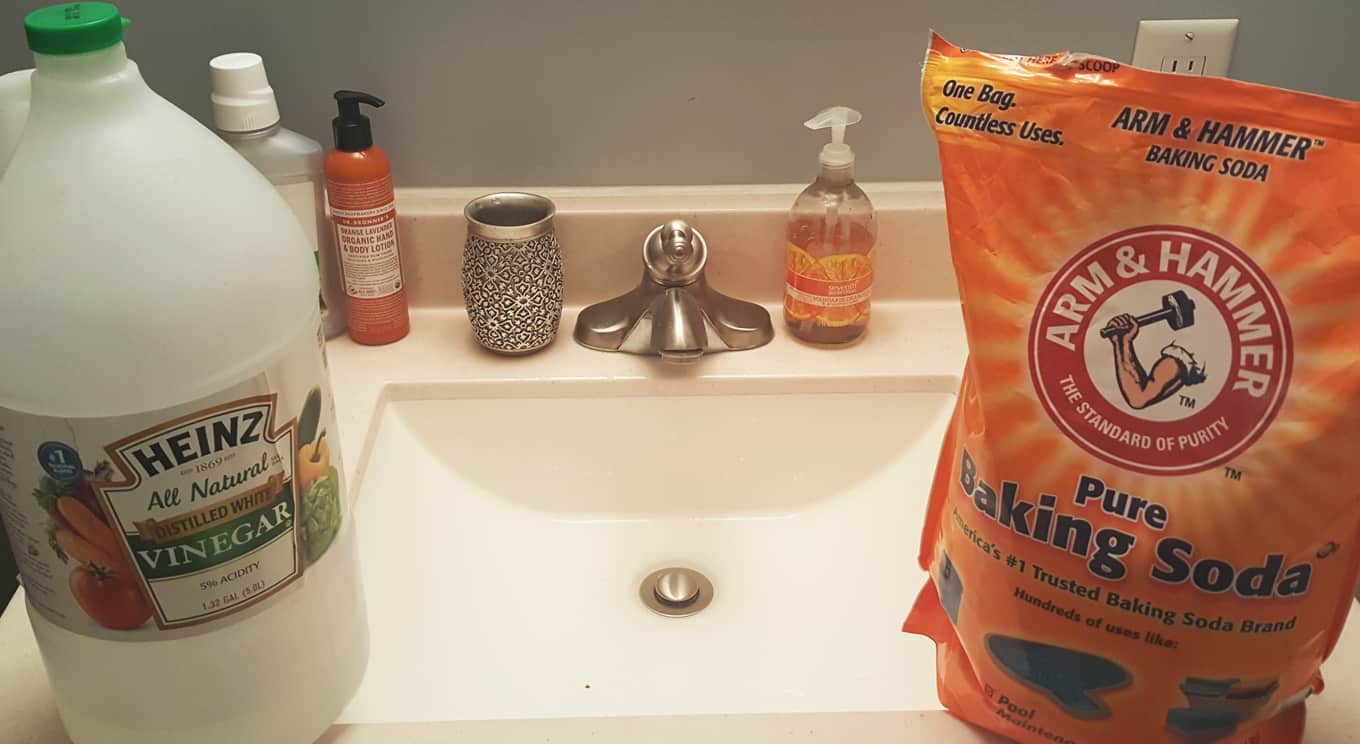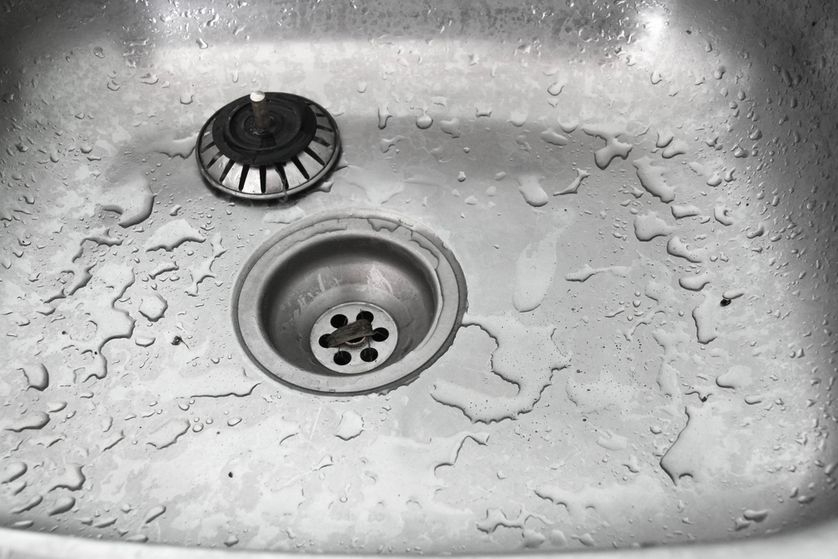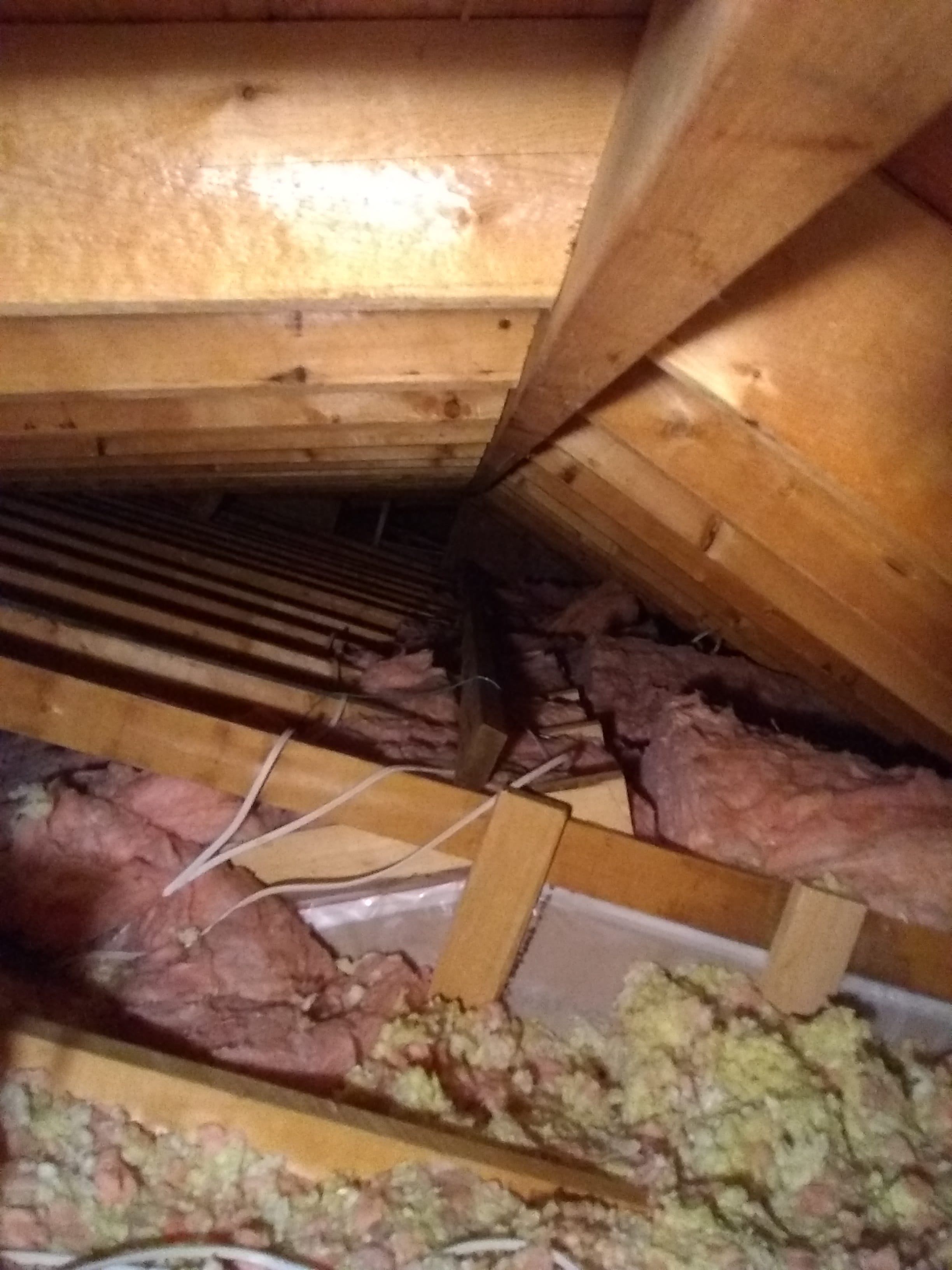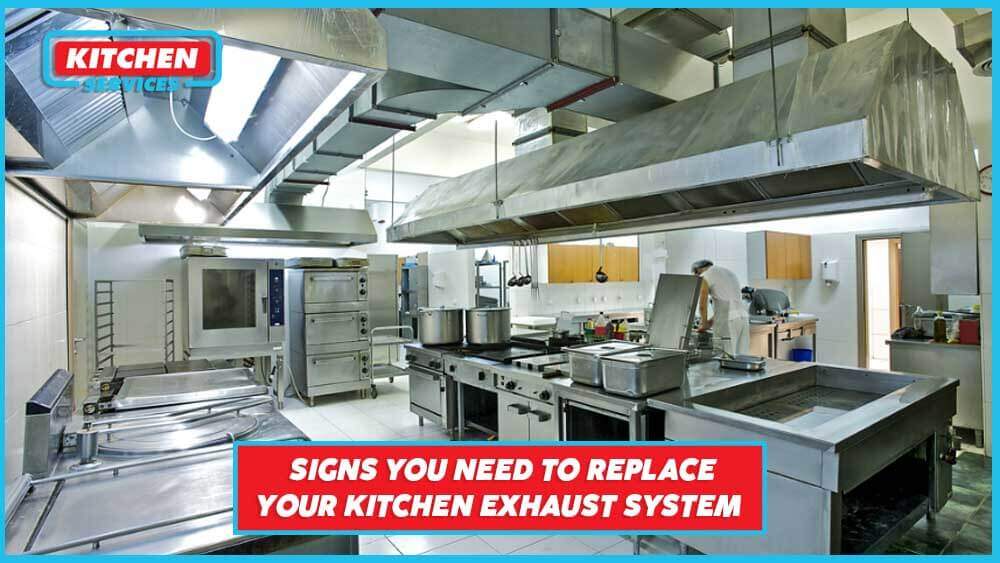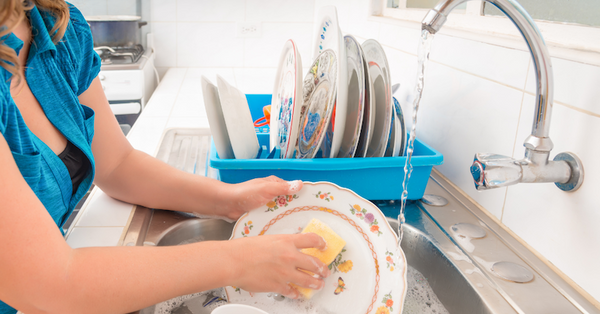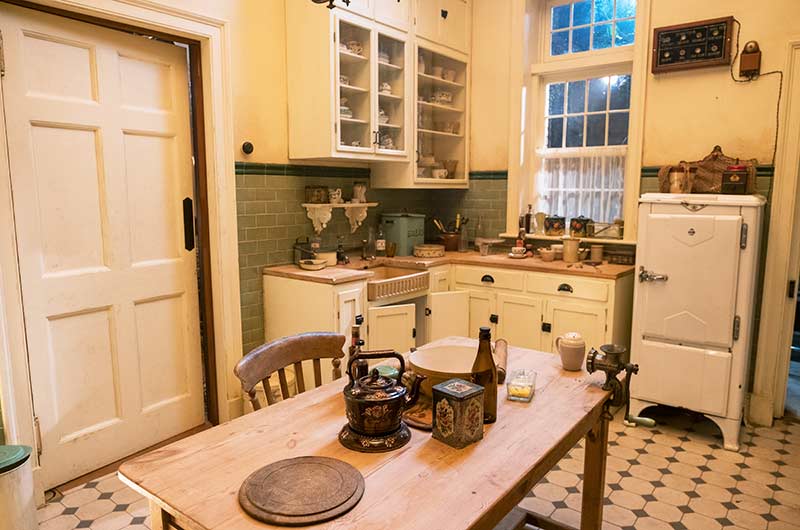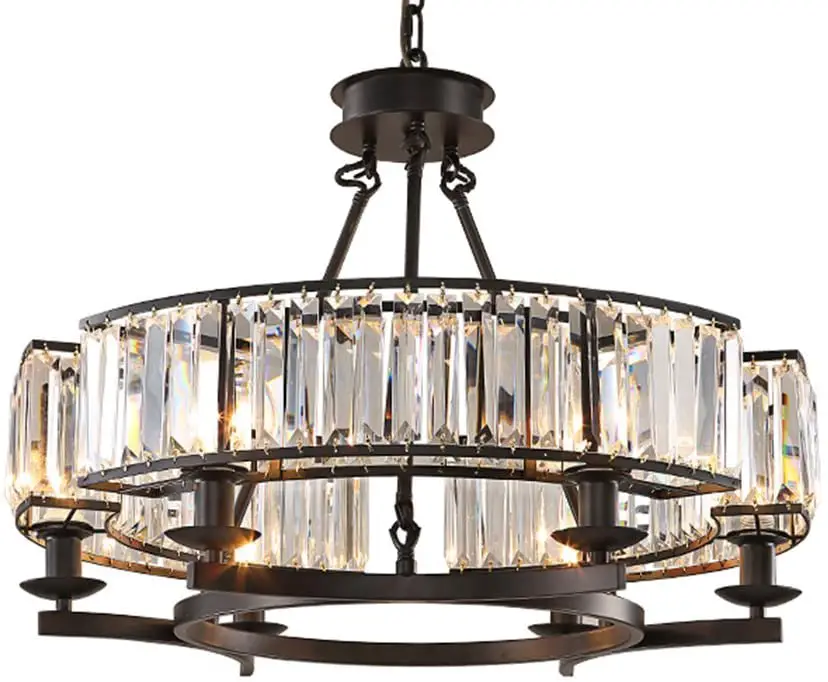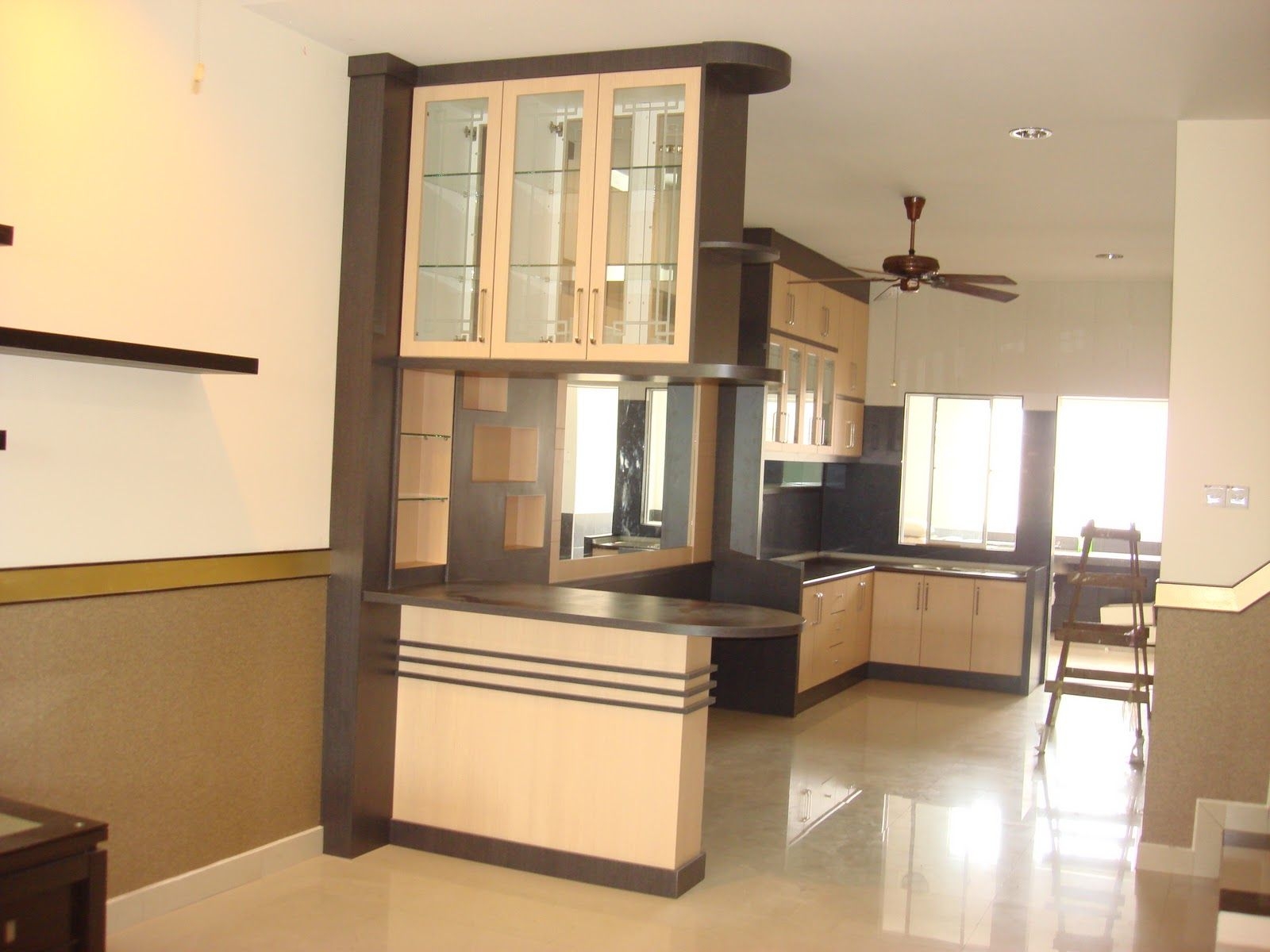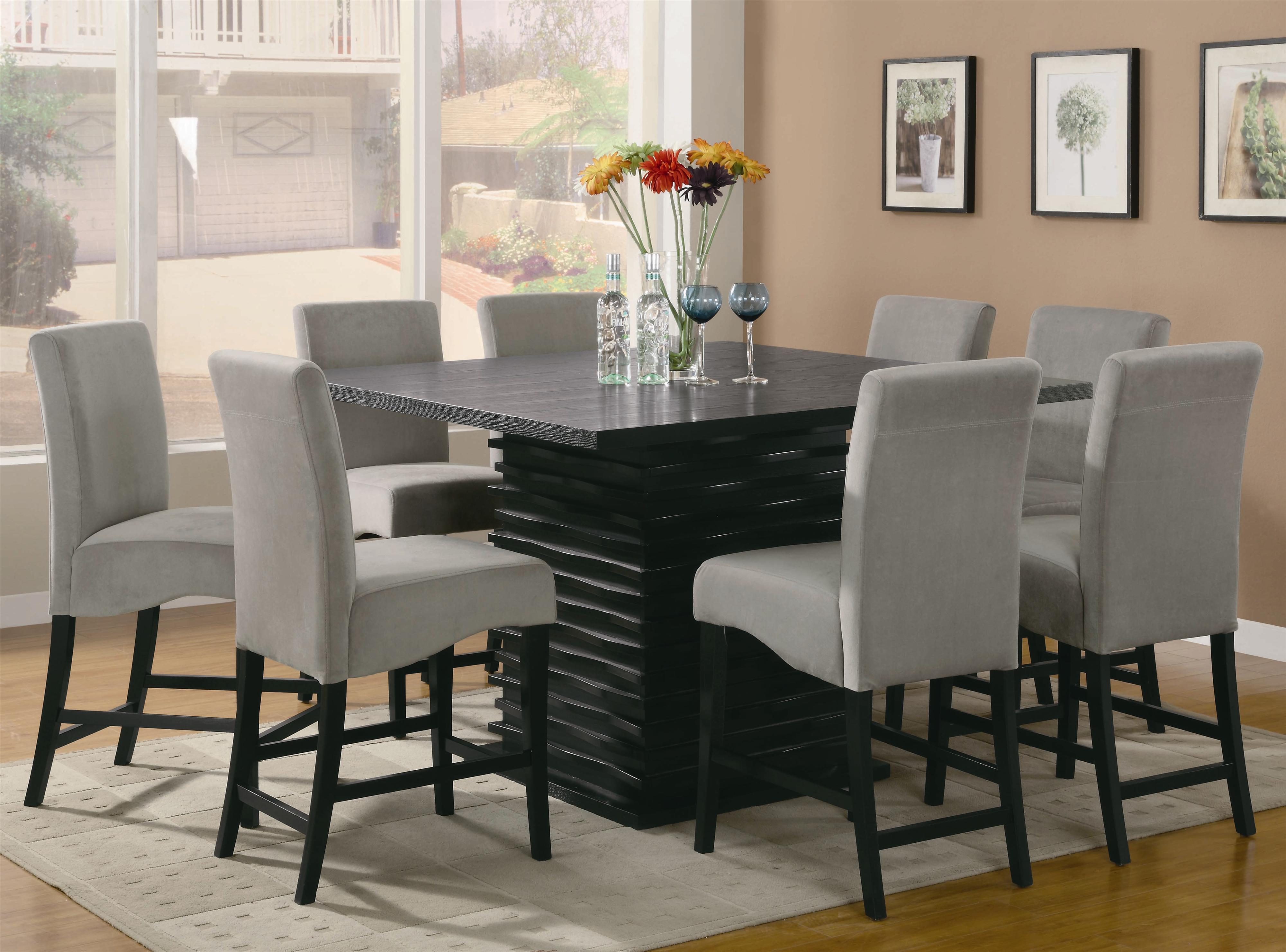If you've ever experienced the frustration of a slow-draining kitchen sink, you know how annoying it can be. Not only does it make doing dishes a hassle, but it can also lead to unpleasant odors and even potential clogs. But before you call a plumber and spend a hefty sum, there are some simple DIY solutions you can try to unclog your kitchen sink drain. First, try pouring boiling water down the drain. This can help dissolve any buildup that may be causing the slow drainage. If that doesn't work, mix equal parts baking soda and vinegar and pour it down the drain. Let it sit for a few minutes before flushing with hot water. The chemical reaction between the two ingredients can help break down any buildup and clear the drain.Unclog a Kitchen Sink Drain
If these DIY solutions don't work, it may be time to take a closer look at your sink's plumbing. Start by removing the drain cover and using a plunger to try and dislodge any debris that may be causing the slow drainage. Make sure to cover the other drain (if you have a double sink) to create a proper seal. If that doesn't work, you may need to remove the P-trap under the sink and clean it out. This curved pipe is a common place for debris to get trapped and cause clogs.How to Fix a Slow-Draining Kitchen Sink
If you're looking for a more natural solution, you can try using coarse salt and lemon juice. Pour a cup of salt down the drain, followed by a cup of lemon juice. Let it sit for a few minutes before flushing with hot water. The abrasiveness of the salt, combined with the acidic properties of the lemon juice, can help break down any buildup and clear the drain. Another DIY solution is to use a wire coat hanger to manually remove any debris that may be blocking the drain. Straighten out the hanger and create a small hook at the end. Carefully insert it into the drain and use the hook to pull out any hair, food particles, or other debris that may be causing the clog.DIY Solutions for a Slow-Draining Kitchen Sink
There are several reasons why your kitchen sink drain may be slow. The most common cause is a buildup of food particles and grease, especially if you don't have a garbage disposal. Over time, this buildup can lead to clogs and slow drainage. Another common cause is a faulty garbage disposal. If it's not functioning properly, it can lead to clogs and slow drainage. Other potential causes include broken or collapsed pipes, tree roots growing into your pipes, or improperly installed plumbing. If you're experiencing frequent slow drainage in your kitchen sink, it may be worth having a professional plumber inspect your plumbing to determine the root cause.Common Causes of a Slow-Draining Kitchen Sink
If your kitchen sink drain is still slow after trying DIY solutions, it may be time to call in a professional plumber. They have specialized tools and equipment, such as a drain snake or hydro jet, that can effectively clear even the toughest clogs. They can also identify any underlying issues, such as broken pipes, and provide a long-term solution. It's important to address a slow-draining kitchen sink as soon as possible to prevent bigger problems down the line. Ignoring the issue can lead to complete blockages and even sewer backups, which can be costly and hazardous to your health.How to Clear a Slow-Draining Kitchen Sink
To avoid dealing with a slow-draining kitchen sink in the future, there are some simple steps you can take to prevent clogs. First, make sure to scrape food scraps into the trash before rinsing dishes in the sink. This can help prevent food particles from building up in your pipes. You should also avoid pouring grease or oil down the drain, as it can solidify and cause clogs. Regularly cleaning your garbage disposal can also help prevent clogs. You can do this by grinding up a few ice cubes and citrus peels in the disposal to help keep the blades sharp and remove any buildup. Additionally, using a drain cover can help catch any loose debris and prevent it from going down the drain.Tips for Preventing a Slow-Draining Kitchen Sink
If you're experiencing frequent slow drainage in your kitchen sink, it may be a sign that your current kitchen sink drain is not sufficient. In this case, it may be worth investing in a new drain that is better equipped to handle the demands of your household. Consider choosing a larger drain or one with multiple openings to allow for better water flow. You can also opt for a professional drain cleaning service to thoroughly clean and clear your kitchen sink drain. This can help remove any stubborn buildup and ensure proper drainage. Additionally, consider scheduling annual plumbing inspections to catch any potential issues early on and prevent slow-draining kitchen sinks.Professional Solutions for a Slow-Draining Kitchen Sink
If your kitchen sink drain is slow but not completely clogged, you can try using a plunger to help clear the blockage. Make sure to use a cup plunger, which has a flat bottom, rather than a flange plunger, which is designed for toilets. Place the plunger over the drain and push and pull to create suction. This can help dislodge any debris and improve drainage. It's important to note that plunging should only be used for minor clogs and not as a solution for regular slow drainage. If the plunger doesn't work, it's best to call a professional plumber to properly clear the clog and prevent further damage.How to Use a Plunger on a Slow-Draining Kitchen Sink
If you prefer to use natural remedies, there are several options for clearing a slow-draining kitchen sink. One effective solution is to use boiling water, salt, and lemon juice. Another option is to use baking soda, vinegar, and hot water. You can also try using a combination of coarse salt, baking soda, and lemon juice. These natural ingredients can help break down buildup and clear the drain without the use of harsh chemicals.Natural Remedies for a Slow-Draining Kitchen Sink
In some cases, a slow-draining kitchen sink may be a sign that it's time to replace your kitchen sink drain altogether. If you have an older home, your plumbing may be outdated and not equipped to handle the demands of modern living. Signs that you may need to replace your kitchen sink drain include frequent slow drainage, leaks or cracks in the pipes, and foul odors coming from the drain. Replacing your kitchen sink drain can improve water flow and prevent future clogs, saving you time and money in the long run. It's best to consult a professional plumber to determine the best course of action for your specific situation. In conclusion, a slow-draining kitchen sink can be a frustrating and inconvenient issue to deal with. However, with these DIY solutions and tips for prevention, you can effectively unclog your drain and keep it running smoothly. If all else fails, don't hesitate to call a professional plumber for expert assistance.Signs You Need to Replace Your Kitchen Sink Drain
Why is Your Kitchen Sink Drain Slow and How to Fix It?

A Common Household Problem
 If you have noticed that your kitchen sink drain is slow to empty, you are not alone. This is a common household problem that can be frustrating and inconvenient. Not only does it make washing dishes difficult, but it can also cause unpleasant odors and even lead to clogs. But before you reach for harsh chemicals or call a plumber, it's important to understand the root cause of the issue and how to effectively fix it.
If you have noticed that your kitchen sink drain is slow to empty, you are not alone. This is a common household problem that can be frustrating and inconvenient. Not only does it make washing dishes difficult, but it can also cause unpleasant odors and even lead to clogs. But before you reach for harsh chemicals or call a plumber, it's important to understand the root cause of the issue and how to effectively fix it.
The Main Culprits
 Grease, soap residue, and food particles
are the main culprits behind a slow kitchen sink drain. Over time, these substances can build up and form a clog, making it difficult for water to flow freely. This is especially true if you have a garbage disposal, as food scraps can easily get stuck in the blades and cause a blockage. Additionally, the
age and condition
of your pipes can also contribute to slow draining.
Grease, soap residue, and food particles
are the main culprits behind a slow kitchen sink drain. Over time, these substances can build up and form a clog, making it difficult for water to flow freely. This is especially true if you have a garbage disposal, as food scraps can easily get stuck in the blades and cause a blockage. Additionally, the
age and condition
of your pipes can also contribute to slow draining.
Simple Solutions
 Fortunately, there are several simple solutions that can help unclog your kitchen sink drain and keep it running smoothly. One of the most effective methods is to pour
boiling water
down the drain, followed by a mixture of
baking soda and vinegar
. This will create a chemical reaction that can break down and dissolve the buildup in your pipes. For tougher clogs, you can use a
plunger
or a
plumbing snake
to physically remove the blockage.
Fortunately, there are several simple solutions that can help unclog your kitchen sink drain and keep it running smoothly. One of the most effective methods is to pour
boiling water
down the drain, followed by a mixture of
baking soda and vinegar
. This will create a chemical reaction that can break down and dissolve the buildup in your pipes. For tougher clogs, you can use a
plunger
or a
plumbing snake
to physically remove the blockage.
Preventative Measures
 To prevent future clogs, it's important to be mindful of what goes down your kitchen sink drain. Avoid pouring
grease, oil, or coffee grounds
down the sink, as these substances can solidify and cause blockages. You can also install a
strainer
over your drain to catch food particles and prevent them from going down the pipes. Regularly
cleaning your garbage disposal
can also help keep your kitchen sink drain clear and odor-free.
To prevent future clogs, it's important to be mindful of what goes down your kitchen sink drain. Avoid pouring
grease, oil, or coffee grounds
down the sink, as these substances can solidify and cause blockages. You can also install a
strainer
over your drain to catch food particles and prevent them from going down the pipes. Regularly
cleaning your garbage disposal
can also help keep your kitchen sink drain clear and odor-free.
Know When to Call a Professional
 If these methods do not work or if you notice that your kitchen sink drain is continuously slow, it may be a sign of a bigger issue.
Old or damaged pipes
may need to be replaced or there could be a larger clog deep within your plumbing system. In these cases, it's best to
call a professional plumber
who can properly assess and fix the problem.
In conclusion, a slow kitchen sink drain is a common household issue that can be easily solved with the right knowledge and techniques. By understanding the main causes and implementing preventative measures, you can keep your kitchen sink drain running smoothly and avoid future clogs. Remember to always use caution and seek professional help if needed.
If these methods do not work or if you notice that your kitchen sink drain is continuously slow, it may be a sign of a bigger issue.
Old or damaged pipes
may need to be replaced or there could be a larger clog deep within your plumbing system. In these cases, it's best to
call a professional plumber
who can properly assess and fix the problem.
In conclusion, a slow kitchen sink drain is a common household issue that can be easily solved with the right knowledge and techniques. By understanding the main causes and implementing preventative measures, you can keep your kitchen sink drain running smoothly and avoid future clogs. Remember to always use caution and seek professional help if needed.




:max_bytes(150000):strip_icc()/freshen-and-unclog-drain-with-baking-soda-1900466-22-bbf940b70afa4d5abef0c54da23b1d3f.jpg)
:max_bytes(150000):strip_icc()/how-to-unclog-a-kitchen-sink-2718799_sketch_FINAL-8c5caa805a69493ab22dfb537c72a1b7.png)












